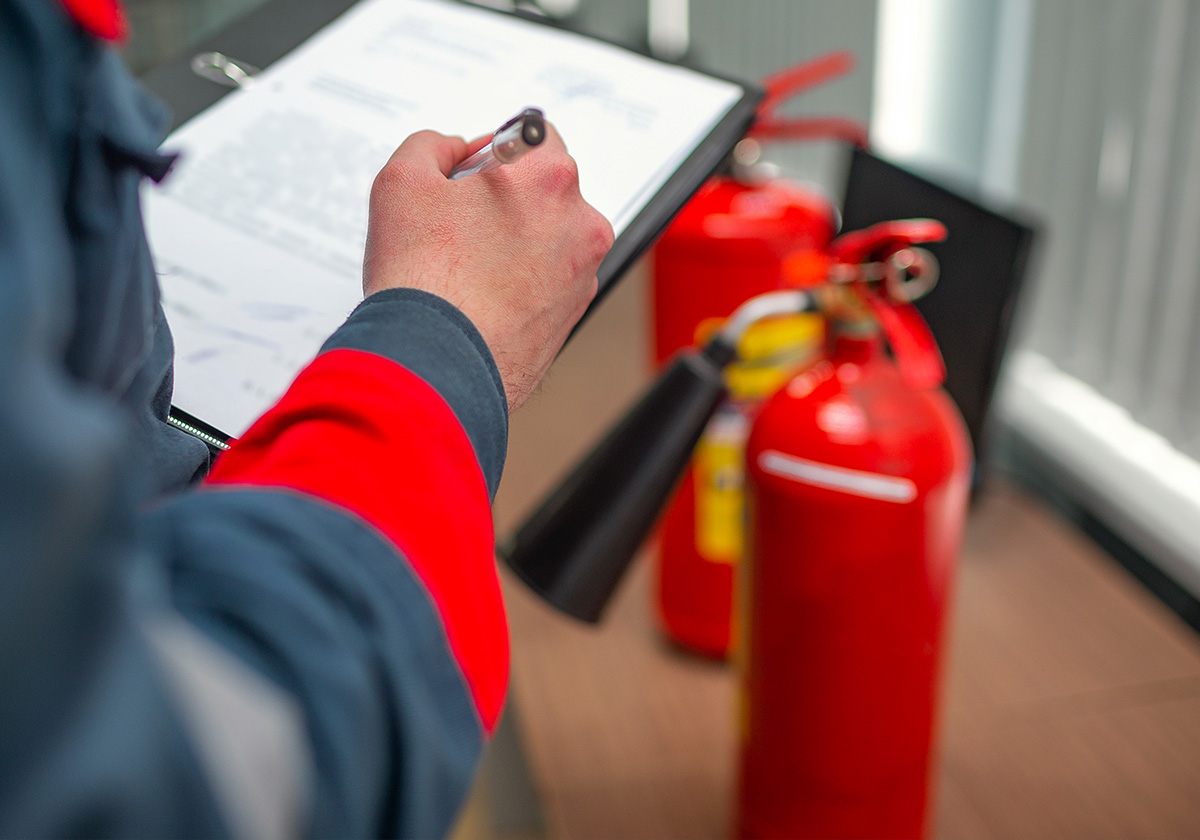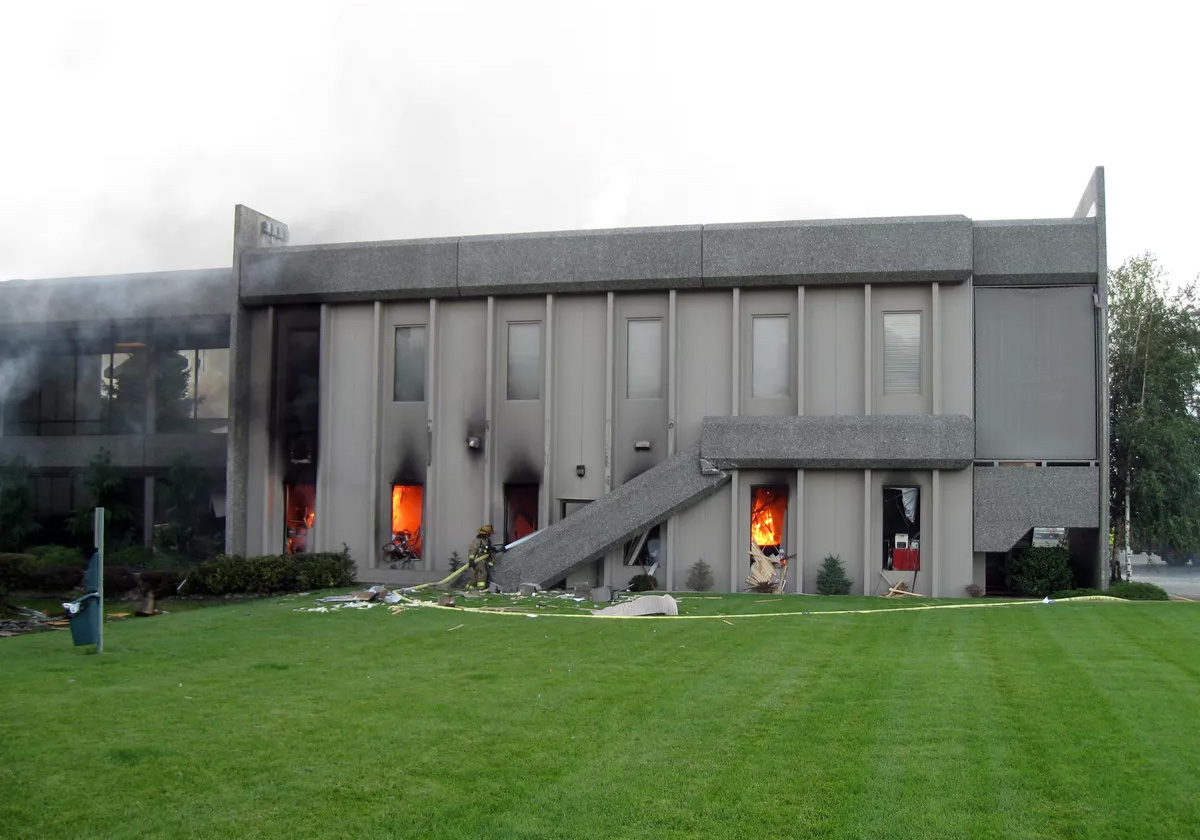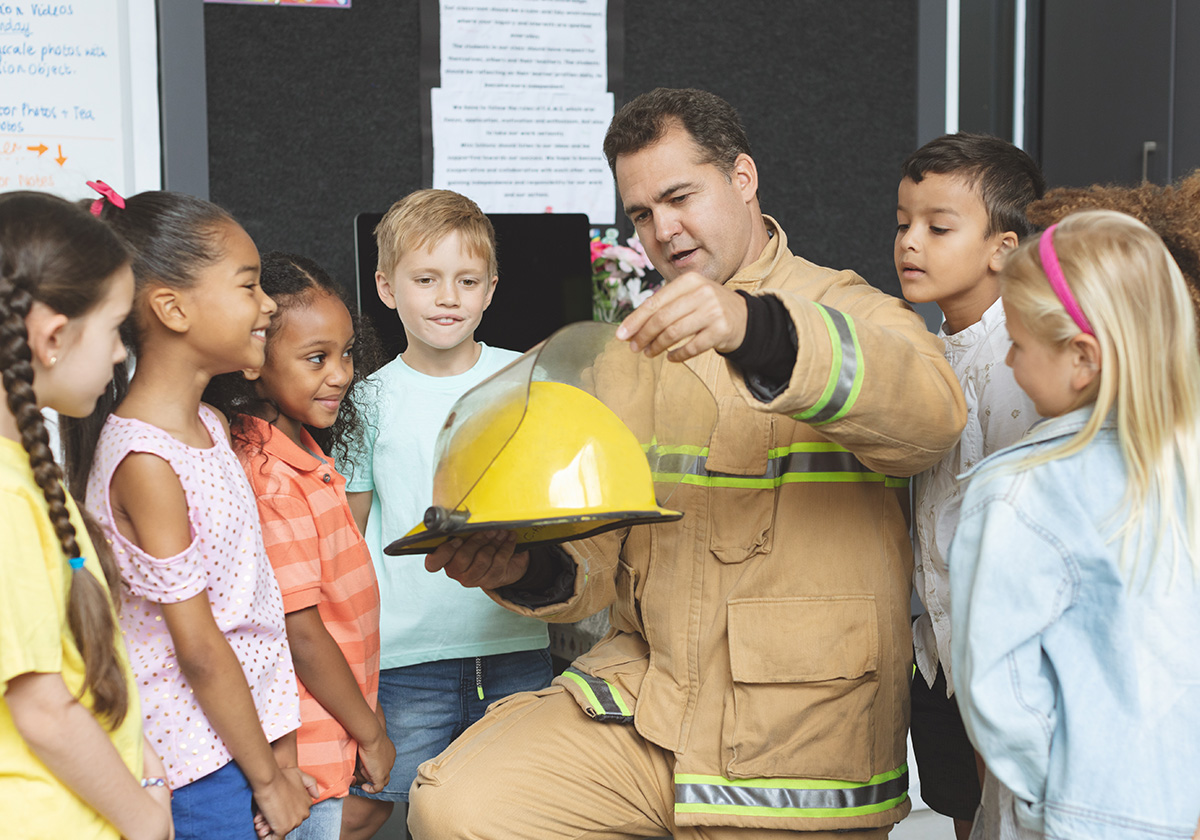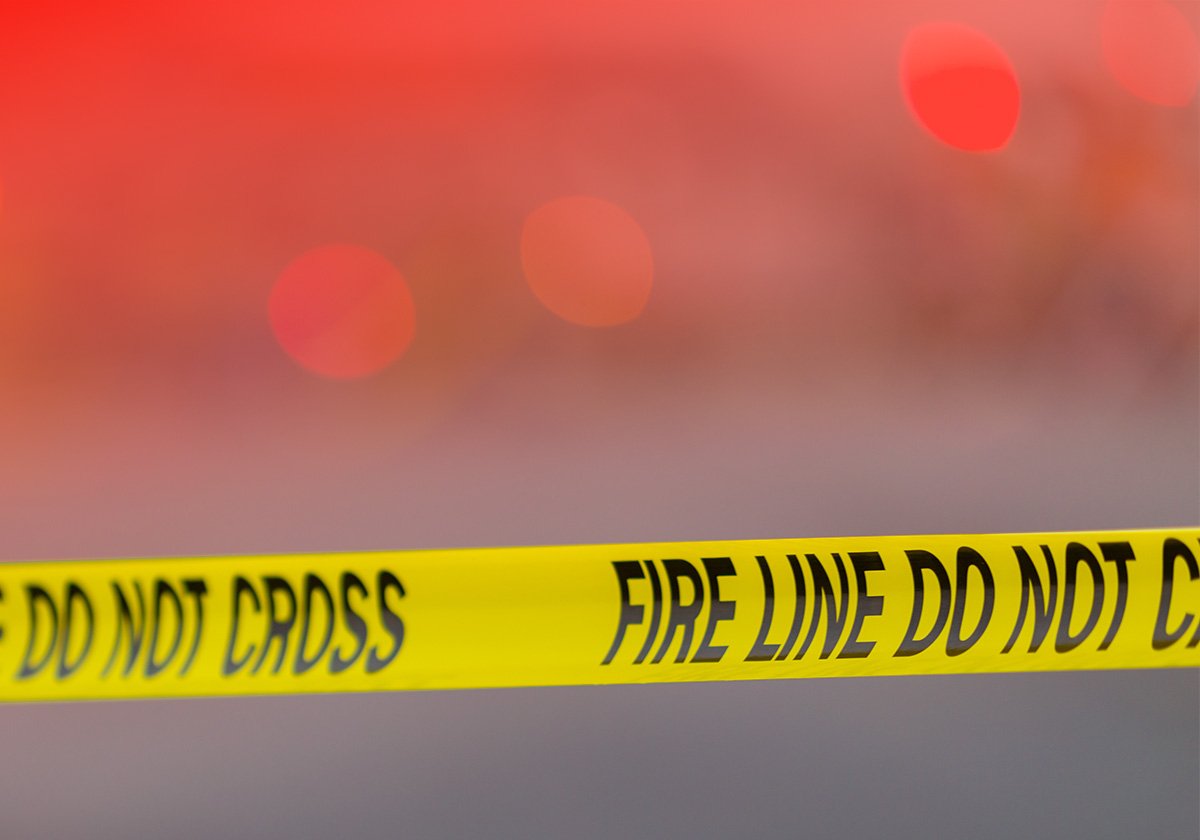Welcome to Part II of our four-part blog series, The Life and Times of a Fire Investigator. Read Part I here.
The three core pillars of the fire investigation profession are investigating fire, enforcing code, and educating the public. In this second entry, we will dig into code enforcement and provide you with a more complete understanding of what this job requirement entails.
Fire codes
Fire codes are codified standards that govern building design, construction, and maintenance against fire. Considering everything from sprinkler systems, smoke alarms, access to extinguishers, means of egress, and types of construction materials, fire codes aim to protect building occupants and save lives.
Understanding fire codes and regulations require a significant amount of education. There are dozens of specialized classes required: one on sprinklers, one on alarms, and many more for other nuanced aspects of code enforcement.
Fire investigators use their knowledge of fire codes and building regulations to help them with their primary job of investigating fires. Fires often occur when a building is out of compliance, and being able to pinpoint code violations and areas of noncompliance gives investigators the power to determine the cause and origin of a fire more easily.
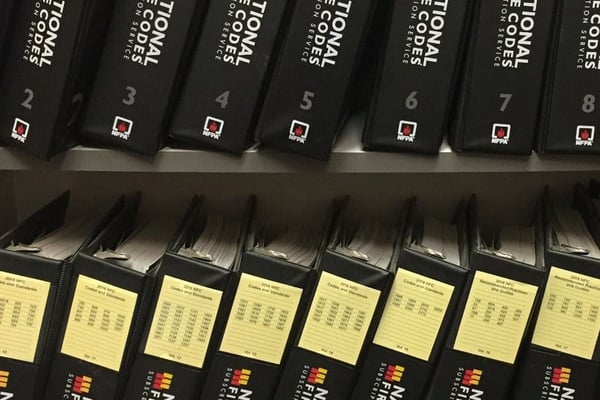 Constantly updating and expanding,
Constantly updating and expanding,
fire codes and building regulations take time to learn.
Related:
BCEGS: Because Rules are There for a Reason
Code enforcement
Code enforcement requires fire investigators, city officials, and local fire departments to ensure that buildings, structures, and properties within their jurisdiction comply with all local, state, and federal fire codes and regulations. Fire investigators can assist other fire professionals in inspecting buildings, investigating violations, and enforcing codes.
Code enforcement could be a career unto itself.
Inspections require a complete understanding of the fire code to spot instances of noncompliance, identify fire hazards, and double-check that all fire safety systems are in complete working order.
Fire investigators may help conduct fire inspections, though their primary focus is to determine the cause and origin of a fire; they are usually only included in the inspection process when a fire is suspected of being connected to a code violation.
In cases involving code violation, fire investigators use their investigatory tactics, outlined in Part I, to assess the violation, gather evidence, determine the cause, and take appropriate steps to remedy the situation, whether issuing a citation or pursuing more severe enforcement action. The ultimate goal is to target violations of fire code/building regulations and to ensure that building owners or managers take the necessary steps to achieve compliance.
Updating code
You don't rest on what you learned yesterday because things change.
Fire codes are consistently being modified and updated due to the changing nature of fire science, technology, and design. There are thousands of pages of constantly shifting and updating code, requiring fire investigators to consistently educate themselves and apply those changes to enforcing code within their community. For example, the NFPA releases new codes and standards regularly.
Fire code is written in blood.
Staying up to date with changing codes and regulations helps investigators spot further gaps that must be addressed. Sometimes fire-related accidents occur because a building is out of compliance with the fire code; other times, the fire code itself is lacking. Here’s a personal account about one such instance:
I’m doing the investigation of a dental office that exploded. It was a nitrousoxide tank that was super-heated by an oxygen driven fire and it exploded. Luckily, nobody died. But as I was doing the investigation, I found out that the fire code was missing a part, something to do with the proper inspection of medical gas systems. So I went to our fire protection engineer, and she worked with me and we got that section of the code changed. Now medical gas systems must be tested and maintained annually to ensure safety.
A fire code that is fluid, flexible, and easily updated is a fire code that better serves and protects the community. Imagine if we were still using the same fire code as we had in the 1880s - that would be crazy, right? An essential part of a fire investigator's job, and often a career-defining aspect, is uncovering changes that must be made in the name of public safety.
Code enforcement requires up-to-date knowledge and perpetual self-education. In our third installment of this blog series, we will explore the importance of education to the fire investigation profession. Check it out here!
If you'd like to check out all four parts of this series, click here.




